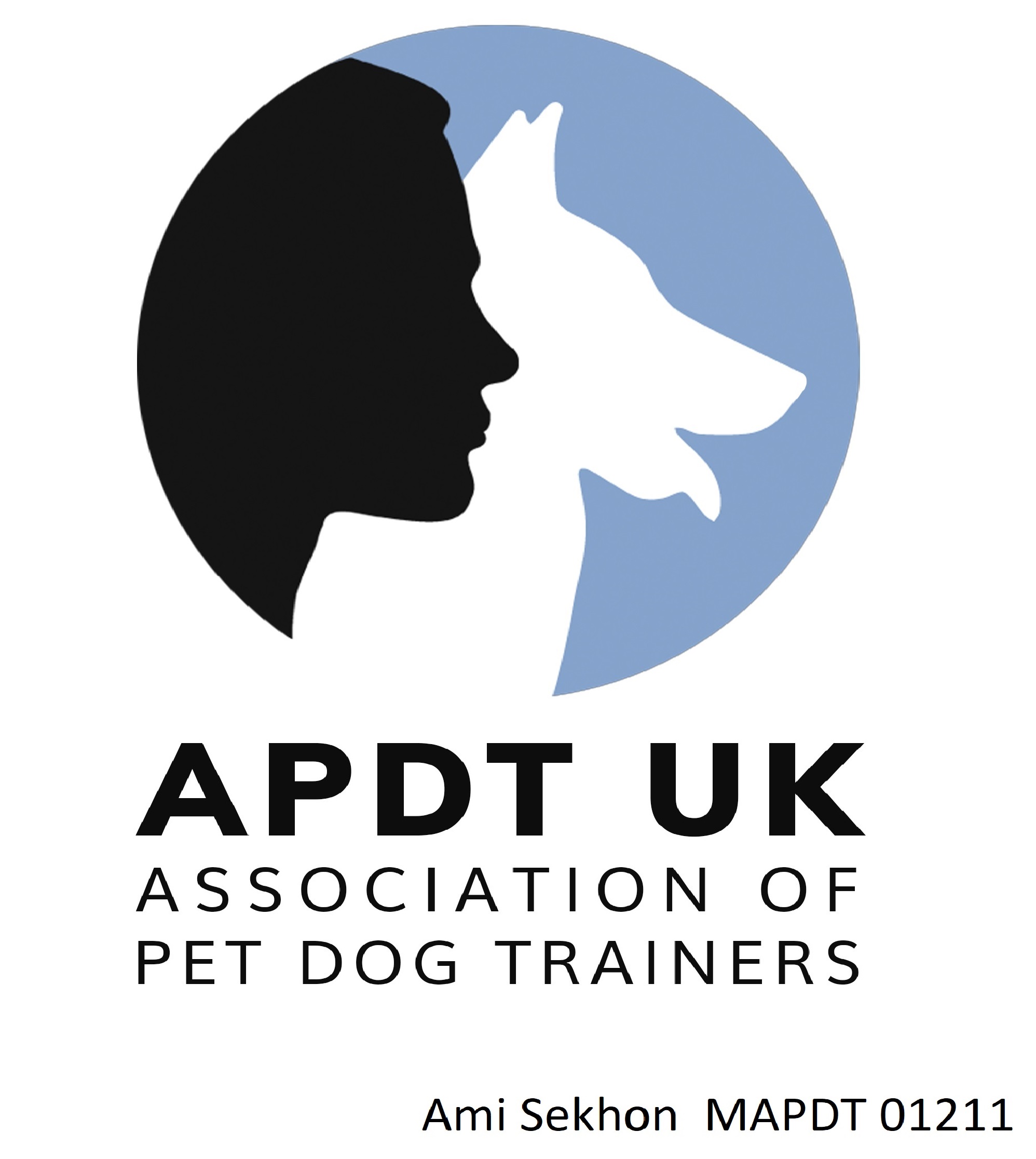 Frequently Asked Dog Training Questions
Frequently Asked Dog Training Questions
Here are some of the questions we are often asked concerning dog training. Just click on the “+” to see answers to any of the questions below, or scroll down to view the full list.
If the answer’s not here, don’t be afraid to give us a call!
Q: I’m having some problems with my rescue dog, can you help?
A: We work with lots of rescue dogs and love seeing them bond and settle into their new family. We often recommend waiting for at least a few of weeks before attending a course, this is to allow your new dog some time to relax and adjust into their new home and routine. You may find a home training session helpful to get things off on the right foot, these sessions can take place at a time convenient to you and as soon as you feel ready.
Q: My dog is very well behaved and only needs some help with pulling on the lead. Can you help?
A: Yes we can help. If you have one or several specific areas of training that you want to work on you will probably find that a 121 training session is the best value option. We can work on the particular problems you are having in the actual environment they are occurring (for example we can work on lead walking on a busy footpath or on your local walk).
Q: I have just got a new puppy and am overwhelmed with all the advice that is out there. I want to make sure she is toilet trained as soon as possible and I’m struggling to get her to sleep through the night. Can you help?
A: Yes we can help. Our New Puppy Home Visits are extremely popular and excellent value for money. An experienced, qualified instructor will visit your home, give you lots of advice and show you some training techniques that you will see working immediately. You may also want to consider purchasing our online ‘Online New Puppy SOS’ video, which is a handy, no-nonsense guide to the basics of settling a puppy into a new home.
Q: I am worried that training may involve hurting my dog. I know he misbehaves but I love him and I don’t want to have to hurt him to get him to listen.
A: At Cheshire Dog School we are strong advocates of positive reinforcement. We will never use techniques that cause your dog pain, or make you feel uncomfortable. All of our training is force-free, which means that we teach your dog in a way that he, and you will find enjoyable and we will never use equipment or methods that contradict this.
Q: Is it true that you can’t teach an old dog new tricks? Is there an upper age limit for training?
A: The oldest dog we have had in classes was a 13 year old Border Collie, her owners just wanted something fun for her to do to stimulate her brain. The oldest dog we have worked with on a 121 basis was a 14 year old Cocker Spaniel – she picked up the exercises quicker than her 5 month old puppy ‘sister’!
Q: My puppy won’t stop whining at night or when she is left alone. Please help!
A: It sounds as if your puppy may be experiencing some separation anxiety, most puppies go through this stage, contact us for some advice on things you can do to help
Q: My dog is generally very well behaved but I can’t let her off the lead, she just runs up to other dogs and I struggle to get her back. Would 121 training help?
A: We believe a good recall is one of the most important things you will ever teach your dog. If you would like to focus more on recall we would recommend 121 training. The benefit of a 121 recall session is that it can take place in your local park or suitable field. This means that your dog gets to learn the behavior in the actual environment they will need it in. You will have an experienced, qualified instructor with you as you carry out the training and meet all the distractions and dogs that your dog normally struggles to call away from.
Q: Aren’t group classes better than 121 training for young puppies?
A: In our many years of working with puppies in both group classes and on a 121 basis, we believe that you and your puppy can gain so much more benefit from 121 training than classes alone can offer. Socialisation is about helping your puppy develop the skills they will need in the real world. With 121 puppy training, we ensure that we individually tailor sessions to your individual puppy’s unique needs. As well as learning all the basics of obedience, your puppy can have sessions in public places, interacting with other dogs and people – putting those newly learnt good manners into practice!
Q: How do I pay for your dog training services?
A: We can take cash, bank transfer and all major credit and debit cards.


